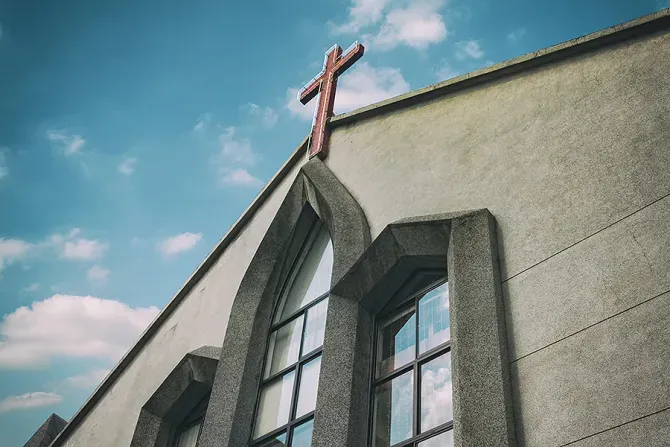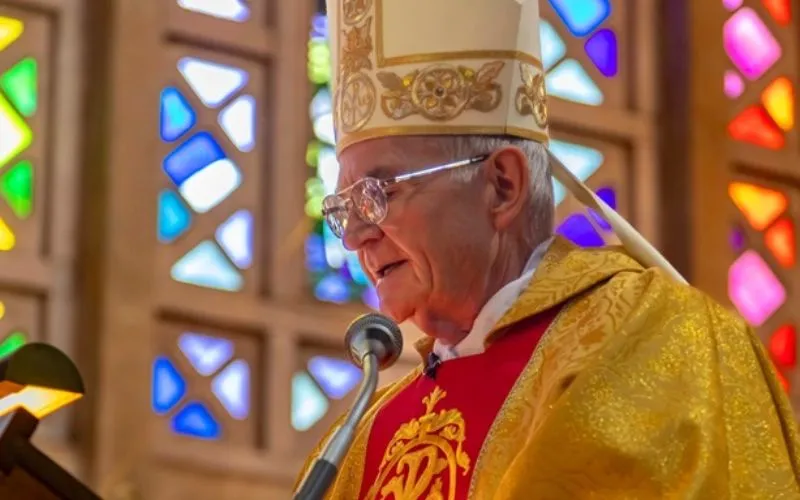This recent move represents the most significant enforcement since the 2018 law regulating places of worship was implemented. When the law was enacted, approximately 700 churches were closed.
In recent years, President Paul Kagame of Rwanda has implemented strict regulations on places of worship, emphasizing the need for order and safety.
Kagame has expressed concerns over the proliferation of churches, particularly in the capital city, Kigali, where the number of congregations is exceedingly high. He has criticized this growth as excessive, even questioning whether the city has as many factories or essential infrastructure like deep wells.
Kagame's government has enforced regulations that demand compliance with safety, health, and noise standards, resulting in the closure of thousands of churches across the country.
The crackdown on places of worship is part of a broader effort to regulate religious practices in Rwanda. A 2018 law requires pastors to hold theological degrees from accredited institutions and mandates churches to adhere to strict building codes and hygiene standards.
Kagame's administration argues that these measures are necessary to prevent exploitation and ensure the safety of congregants. The government has stated that the closures are not intended to infringe on religious freedom but to address issues related to the unregulated spread of religious establishments.
Despite these efforts, the regulations have faced criticism from some religious leaders and communities. While many acknowledge the need for reform, they also highlight the challenges posed by the rapid implementation of these rules, particularly for smaller congregations that struggle to meet the new requirements.
The Rwandan Catholic Bishops' Conference has criticized the government's communication and the speed of the closures, calling for clearer explanations and more time for churches to comply
In the August 15 report, Mr. Kaitesi said that the government has taken a firm stance against the rapid proliferation of places of worship. Despite this crackdown, he noted that some places remain in poor condition.
While many Pentecostal churches have been established by charismatic pastors across Rwanda, attracting large congregations every Sunday due to reported miracles and prophecies; others are small, poorly built, and lack proper planning permission.








